Can Dogs Eat Cabbage? What You Need to Know Before Sharing This Veggie
- 24 Feb 2025 15:15
As a pet parent, you may wonder if it’s safe to share some of the healthy vegetables from your own plate with your dog. Cabbage is a nutritious vegetable that is commonly found in many human meals, but can dogs eat cabbage? The answer is generally yes, but there are some things you should know before offering it to your dog.
In this article, we’ll explore the benefits and potential risks of cabbage for dogs, how to prepare it safely, and how much cabbage is appropriate for your pet.
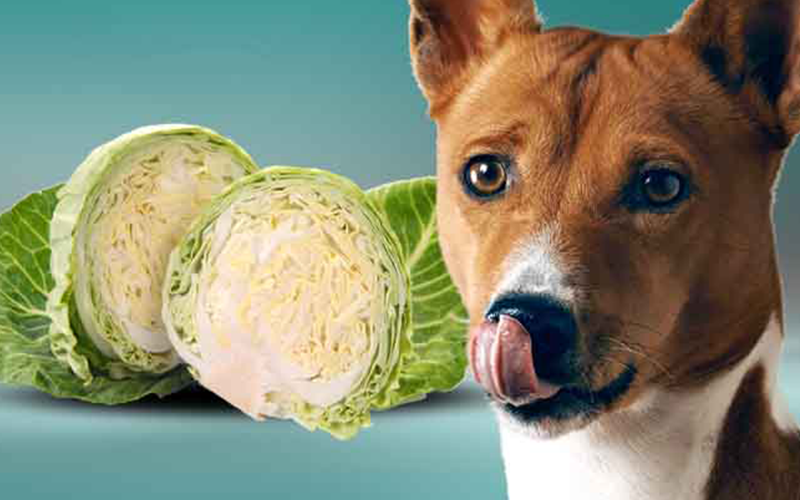
Health Benefits of Cabbage for Dogs
Rich in Nutrients
Cabbage is a great source of vitamins and minerals that can benefit your dog’s health. It’s rich in Vitamin C, which supports a strong immune system, and Vitamin K, which plays a role in blood clotting and bone health. Cabbage also contains fiber, which aids in digestion and promotes healthy bowel movements.Packed with Antioxidants
Cabbage contains antioxidants such as beta-carotene and flavonoids that help neutralize harmful free radicals in your dog’s body. These antioxidants support your dog’s overall health by reducing inflammation and protecting their cells from damage.Low in Calories
If you’re looking for a low-calorie treat for your dog, cabbage is an excellent option. It’s a great way to offer a crunchy snack without adding extra calories to your dog’s diet, which can help with weight management.Supports Digestive Health
Thanks to its high fiber content, cabbage can promote healthy digestion and regular bowel movements. Fiber helps move food through the digestive tract and can prevent constipation. However, too much fiber can lead to digestive upset, so it should be fed in moderation.
Potential Risks of Feeding Cabbage to Dogs
While cabbage offers many health benefits, there are also a few potential risks to keep in mind when feeding it to your dog.
Gas and Bloating
One of the most common side effects of cabbage for dogs is gas and bloating. Cabbage contains sulfur compounds that can cause increased gas production in your dog’s digestive system. If your dog eats too much cabbage, you may notice them passing more gas than usual or having a bloated stomach.Digestive Upset
Cabbage is high in fiber, and while fiber is good in small amounts, too much can cause diarrhea, stomach cramps, or other gastrointestinal issues. If your dog isn’t used to a high-fiber diet, introducing cabbage too quickly can cause digestive distress.Goitrogens
Cabbage, like other cruciferous vegetables (e.g., broccoli, kale), contains goitrogens, substances that can interfere with thyroid function in large amounts. While it’s unlikely that your dog will eat enough cabbage to cause thyroid problems, it’s best to feed it in moderation to avoid any potential issues.Choking Hazard
If cabbage is not prepared properly, it can present a choking hazard, especially for small dogs. Be sure to chop the cabbage into small, manageable pieces to prevent any accidents.
How to Safely Serve Cabbage to Dogs
To ensure that cabbage is safe and beneficial for your dog, follow these guidelines for preparation and portion size:
Cook the Cabbage
Cooking cabbage can make it easier for your dog to digest. You can steam, boil, or sauté the cabbage without adding any seasonings or oils. Avoid cooking cabbage with garlic or onions, as these ingredients are toxic to dogs.Serve in Small Portions
Start by offering a small portion of cabbage to your dog and monitor their reaction. Too much cabbage at once can lead to gas or digestive upset. Depending on your dog’s size, a few small pieces of cabbage should be plenty.Chop the Cabbage into Small Pieces
Chop the cabbage into small, bite-sized pieces to reduce the risk of choking, especially for small dogs. Large chunks can be hard to chew and swallow, and your dog may have difficulty digesting them.Avoid Seasonings and Sauces
When preparing cabbage for your dog, avoid adding salt, butter, or any sauces that contain harmful ingredients for dogs. Keep it plain and simple to ensure that your dog’s digestive system isn’t irritated by seasonings or additives.
How Much Cabbage Can Dogs Eat?
While cabbage is safe for dogs in moderation, it should only be given as an occasional treat. Here are some general guidelines on how much cabbage is appropriate for your dog:
Small dogs: Start with a small amount, such as 1-2 tablespoons of cooked cabbage.
Medium dogs: You can offer up to ¼ cup of cabbage.
Large dogs: You can offer up to ½ cup of cabbage, but again, keep it occasional.
Always remember to balance cabbage with your dog’s regular food and avoid overfeeding. Too much fiber from cabbage can cause digestive issues.
Signs of Digestive Distress to Watch For
If your dog is new to cabbage or eats too much, watch for any signs of digestive upset:
Gas or excessive bloating
Vomiting or diarrhea
Stomach cramps or discomfort
Loss of appetite or changes in behavior
If you notice any of these symptoms, stop feeding cabbage to your dog and consult with your veterinarian if the symptoms persist.
Should You Use PettureX for Your Dog’s Health?
If you’re unsure about whether cabbage is right for your dog, or if you’re concerned about any digestive issues your dog may be experiencing, consider using PettureX. PettureX offers 24/7 online consultations with pet health professionals who can answer any questions you have and provide guidance on your dog’s diet and overall health.
Conclusion: Can Dogs Eat Cabbage?
In conclusion, dogs can eat cabbage, but it should be offered in moderation and prepared properly. Cabbage is a healthy, low-calorie treat that can provide essential vitamins, minerals, and fiber to your dog’s diet. However, too much cabbage can lead to gas, bloating, or other digestive issues. To avoid these problems, serve cabbage in small, cooked portions and monitor your dog’s reaction.
As always, if you’re ever in doubt about what foods are safe for your dog, or if you notice any concerning symptoms after feeding them cabbage, consult with a veterinarian or use PettureX for 24/7 online health advice. Your dog’s health and safety are the top priority, and knowing the right foods to feed them will help keep them happy and healthy.
Related
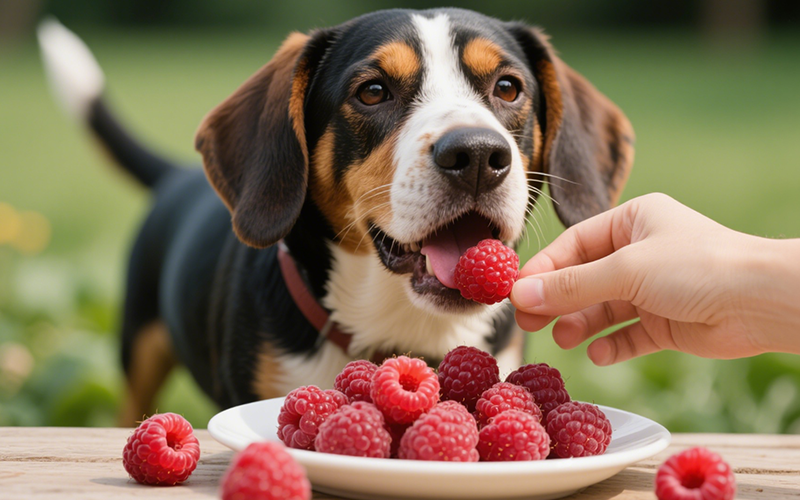
Raspberries for Rover? A Vet's Guide to This Berry Good Treat for Dogs
- 23 Apr 2025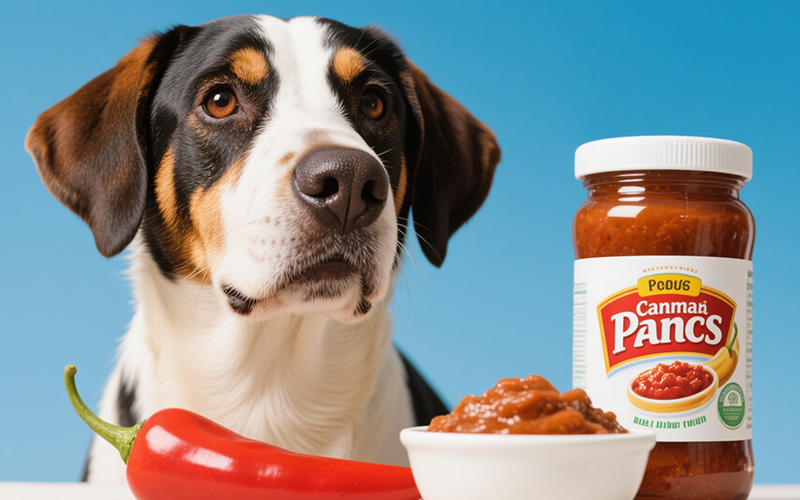
Ranch Dressing Dilemma: Can Dogs Safely Indulge? A Deep Dive into Why It's a Bad Idea
- 23 Apr 2025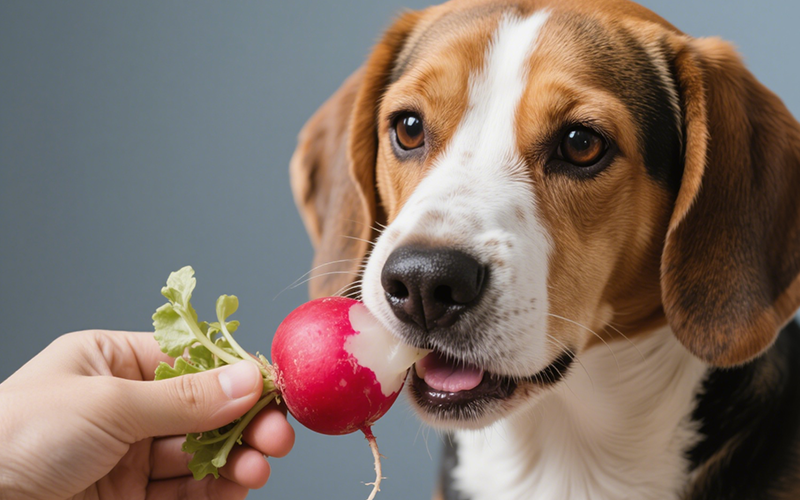
Radish Bites for Your Buddy? A Vet-Reviewed Guide on Whether Dogs Can Eat Radishes
- 22 Apr 2025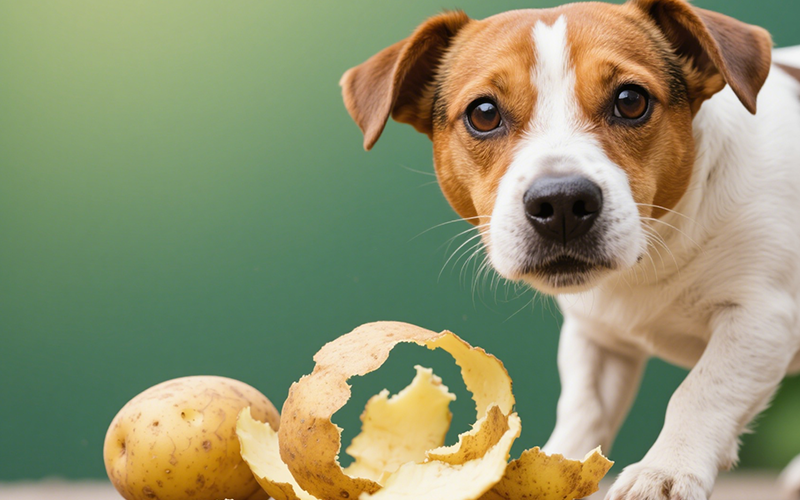
Potato Peels for Pooches? Unpeeling the Risks and Facts for Dog Owners
- 22 Apr 2025
Crunchy Curiosity: Can Dogs Safely Snack on Pork Rinds? A Deep Dive
- 21 Apr 2025
Pomegranate Seeds and Pooches: A Deep Dive into Whether Dogs Can Safely Indulge
- 21 Apr 2025
Can Dogs Eat Peaches? Vet Explains Benefits, Cyanide Risks & Safe Serving
- 16 Apr 2025
Can Dogs Eat Mulberries? Vet Explains Safety, Benefits & Potential Risks
- 16 Apr 2025
Can Dogs Eat Mozzarella? Vet Explains the Cheesy Truth (Risks & Benefits)
- 16 Apr 2025
Can Dogs Eat Mango Skin? Vet Explains Why It's a Risky Chew!
- 16 Apr 2025
